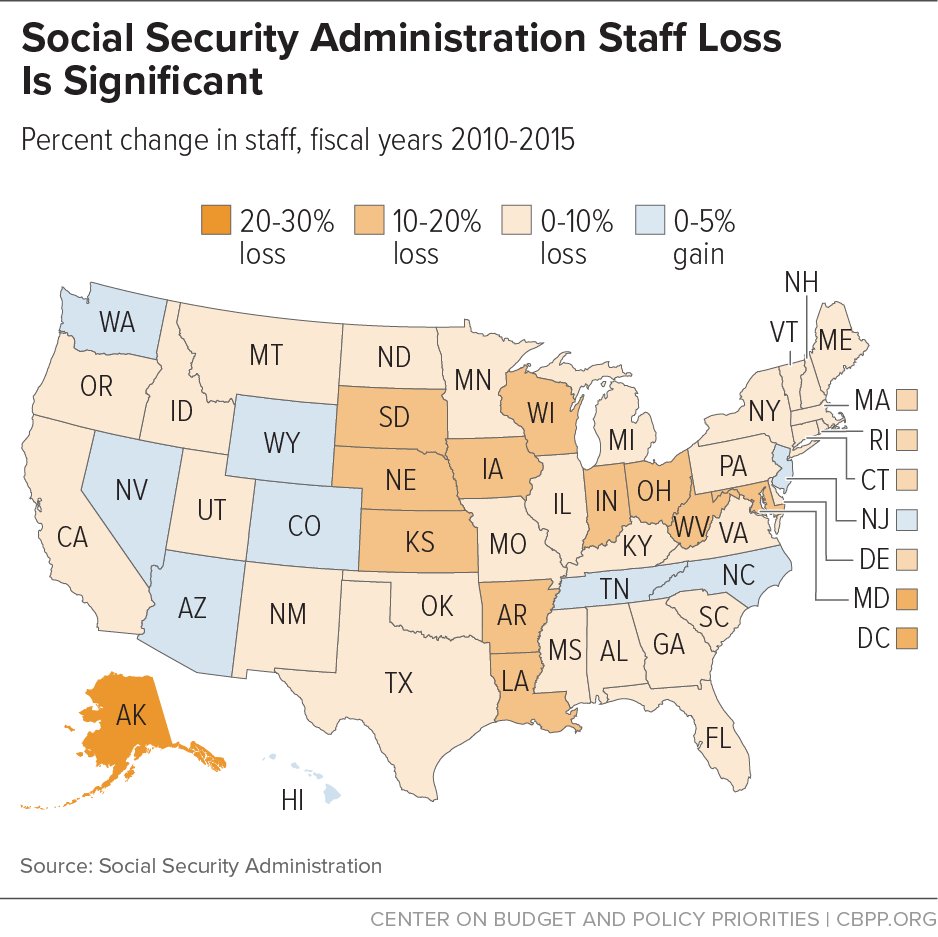Let me tell you about a client. I'll change a few minor details to protect her identity but nothing that affects the account in a material way. We'll call my client Greta. Greta's mother was a German national. Her father was a U.S soldier stationed in Germany. Greta's mother didn't marry Greta's natural father. However, Greta's mother later married another U.S. soldier and moved to the United States with Greta when Greta was four. Greta hasn't been back to Germany since. She doesn't remember being there. She wonders whether a trip back to Germany would rekindle some memories. She speaks no German. She went to school in the United States. She got a Social Security card. She worked in the United States. She married and had children in the United States. She never tried to register to vote because she just wasn't interested. She never tried to get a passport because she didn't have the money to travel outside the country. There was never a problem until Greta applied for Social Security retirement benefits. At that point, it was discovered that Greta wasn't a citizen. What's more, she didn't have a green card. Although Greta came to the United States legally, she had become an illegal immigrant because the proper steps hadn't been taken to regularize her immigration status. This amazed Greta. She knew she was born in Germany but thought she had become an American citizen when she was a child. That's what should have happened. It would have been easy but her parents never did what they needed to do. While Greta has enough quarters of coverage to get Social Security retirement benefits, she can't be paid until Greta sorts out her immigration status with the Immigration and Naturalization Service (INS). This will be done. INS isn't being difficult. They're sympathetic. They agree that she deserves a green card. She may even be entitled to citizenship without the normal formalities because she was brought to the United States as a child by her U.S. citizen stepfather. However, the INS is slow. Sorting this out will take well over a year.
Donald Trump wants to throw all illegal immigrants out of the country. At the moment Greta is an illegal immigrant. Do you want to round up Greta, put her in detention and then deport her to Germany? Do you want to punish her for the negligence of her parents more than 50 years ago? Greta wasn't born in Mexico but what if she had been and had been brought to the U.S. by a stepfather who was a U.S. citizen? Would that affect how you feel about the situation?






